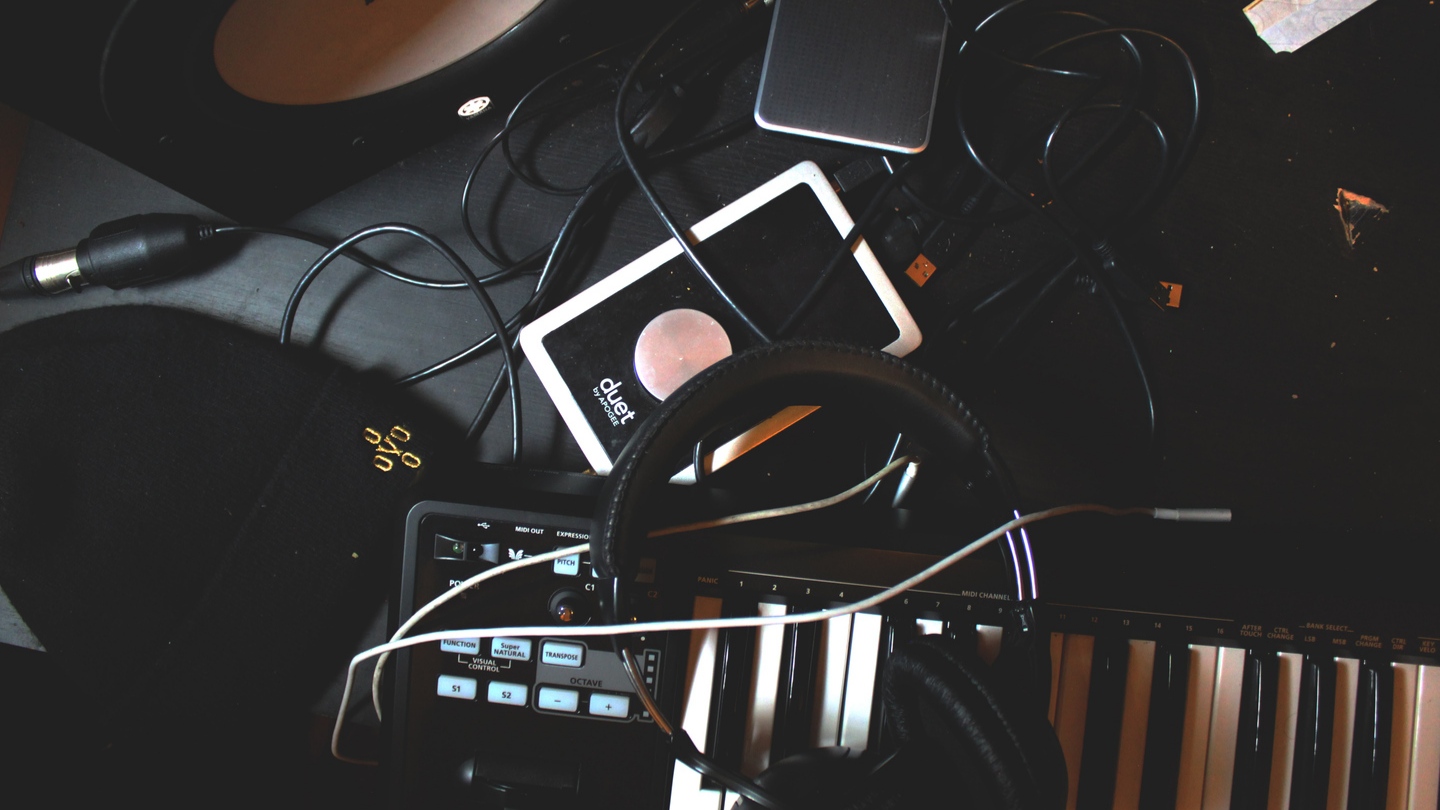This article will discuss how much freelance musicians can expect to earn. We will also touch on how these earnings can be generated. If you’re just starting, you can expect to make less money than if you’ve been playing for years and have built up a strong reputation. However, no matter your experience level, there are always ways to increase your earnings as a freelance musician.
As a freelance musician, you can get paid anywhere from $50 to $200 per gig. The amount you get paid will depend on the type of gig you’re playing and your experience and reputation. For example, a wedding band may get paid $500 or more for a single gig, while a solo musician might only get $50 for a gig at a local bar.
What is the average hourly rate for a freelance musician?
There is no average hourly rate for freelance musicians, as rates can vary greatly depending on the type of gig, the musician’s experience, and the location. For example, a solo musician playing at a bar in New York City will likely make more per hour than a solo musician playing at a bar in a small town. Similarly, a wedding.
There is no set hourly rate for freelance musicians, as rates can vary greatly depending on the type of gig, the musician’s experience, and the location. For example, a solo musician playing at a bar in New York City will likely make more per hour than a solo musician playing at a bar in a small town. Similarly, a wedding band may make more per hour than a solo musician, but they will also have more members to pay. Ultimately, how much a freelance musician makes per hour depends on many factors and is unique to each situation.
How much can a freelance musician earn a year?
Again, there is no set answer, as a freelance musician’s earnings can vary greatly from year to year. Factors affecting earnings include the number and type of gigs played, the musician’s experience and reputation, and the overall economy. In general, though, a freelance musician can expect to earn anywhere from $500 to $50,000
What are some tips for increasing earnings as a freelance musician?
There are several ways to increase your earnings as a freelance musician. First, try to get gigs at higher-paying venues, such as weddings or corporate events. You can also try to negotiate a higher rate for your gigs. Additionally, building up a strong reputation and online following can help you command higher prices for your services. Finally, offering additional services, such as teaching lessons or providing music for special occasions, can also help you earn more money as a freelance musician.
How does tax work for a freelance musician?
As a freelance musician, you are responsible for paying your own taxes. You will need to set aside money from each gig to ensure that you have enough to pay your taxes at the end of the year. You will also need to keep track of your income and expenses in order to accurately file your taxes. While it may seem daunting, paying taxes as a freelance musician is an important part of running your business.
Do I have to create invoices as a musician?
Yes, as a freelance musician, you will need to create invoices for each of your gigs. This will help you keep track of your income and expenses, and it will also be useful come tax time. When creating an invoice, be sure to include all relevant information, such as the date of the gig, the name and contact information of the client, and a breakdown of your charges. You can find templates for invoices online or in accounting software programs.
What are some common expenses for freelance musicians?
There are several common expenses that freelance musicians incur. These include instruments and equipment, music supplies, transportation costs, and marketing costs. Additionally, many musicians choose to hire an accountant to help with their taxes and finances. While these costs can add up, there are many ways to save money as a freelance musician. For example, you can purchase used instruments and equipment, or you can carpool to gigs to split transportation costs.
Can I claim tax back as a freelance musician?
As a freelance musician, you can claim tax back on certain expenses. For example, you can claim the cost of your instruments and equipment, music supplies, and transportation costs. Additionally, you may claim a home office deduction if you have a dedicated space in your home for work. Be sure to keep track of all of your expenses to accurately claim them on your taxes.
As a freelance musician, how can I get health insurance?
There are several ways to get health insurance as a freelance musician. One option is to purchase an individual health insurance policy. Another option is to join a professional organization, such as the American Federation of Musicians, which offers health insurance to its members. You can also look into public health care options, such as Medicaid or the Children’s Health Insurance Program. Finally, you may be able to get health insurance through your spouse’s employer.
Do I need a business license to work as a freelance musician?
It depends on your local laws and regulations. You may need to get a business license or permit to work as a freelance musician. Additionally, you may need to register your business with your state or local government. Check with your local laws and regulations to see if you need a business license or permit to work as a freelance musician.
I am a freelance musician. Do I need to carry liability insurance?
Yes, as a freelance musician, you should carry liability insurance. This will protect you if someone is injured at one of your gigs. Additionally, it will cover any damage you may cause to the property while working. Be sure to check with your insurer to see what is covered under your policy.
While there are many things to consider when working as a freelance musician, such as taxes and insurance, it can be a rewarding career. With a little planning and preparation, you can set yourself up for success as a freelance musician.
How do pensions work as a freelance musician?
There is no one-size-fits-all answer to this question, as pensions for freelance musicians can vary depending on the country you live in and the specific pension plan you’re enrolled in. However, generally speaking, pensions are a way for people to save for retirement by setting aside money from each paycheck into a particular account. When you retire, you can use this money to help cover your living expenses. There are many different types of pension plans, so it’s essential to do your research to find the one that best suits your needs. For more information on pensions for freelance musicians, you can contact your local musical union or pension provider.
What are some tips for saving money as a freelance musician?
There are several ways to save money as a freelance musician. One way to save money is to purchase used instruments and equipment instead of new items. You can also carpool to gigs with other musicians to split transportation costs. Additionally, you can take advantage of online resources and social media to market your services for free. Finally, shop around for the best rates if you hire an accountant. By taking some simple steps, you can save a lot of money as a freelance musician.
What apps can I use to manage my money as a musician?
Several apps can help you manage your money as a musician. One app is Bandcamp, which allows you to sell your music and merchandise online. Another app is Songkick, which helps you keep track of your gig schedule and earnings. Additionally, the Musician’s Union app provides valuable information on various topics, including taxes and insurance. Finally, If you teach music, the Music Teacher’s Helper app can help you keep track of your student’s progress and payments. Using these apps can better manage your money as a musician.
When should I quit my day job as a freelance musician?
It depends on many factors, such as your financial situation and the stability of your music career. You should consult with a financial advisor to see if it makes sense for you to quit your day job as a freelance musician. Additionally, you should talk to other freelance musicians to see how they have made the transition and what advice they would give. Ultimately, it’s essential to decide what is best for you and your career.
Summary
As a freelance musician, you need to consider many factors, such as taxes, insurance, and pensions. It’s essential to do your research and plan to set yourself up for success. Additionally, there are several ways to save money as a freelance musician. Finally, when deciding whether to quit your day job, it’s essential to consult with a financial advisor and talk to other freelance musicians. By taking these steps, you can be on your way to a successful career as a freelance musician.








